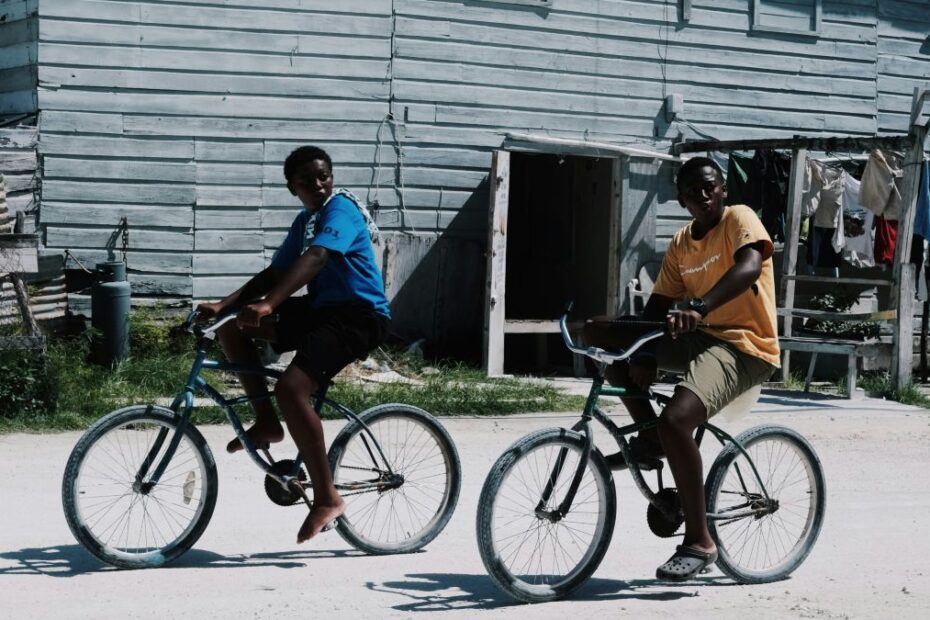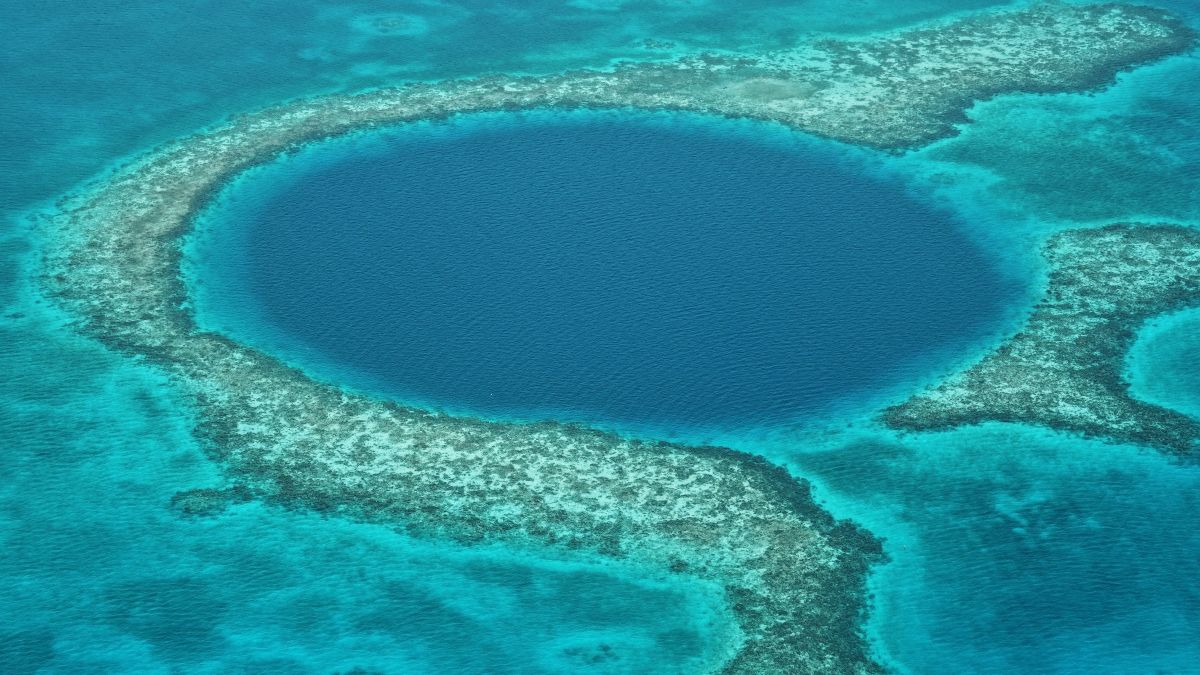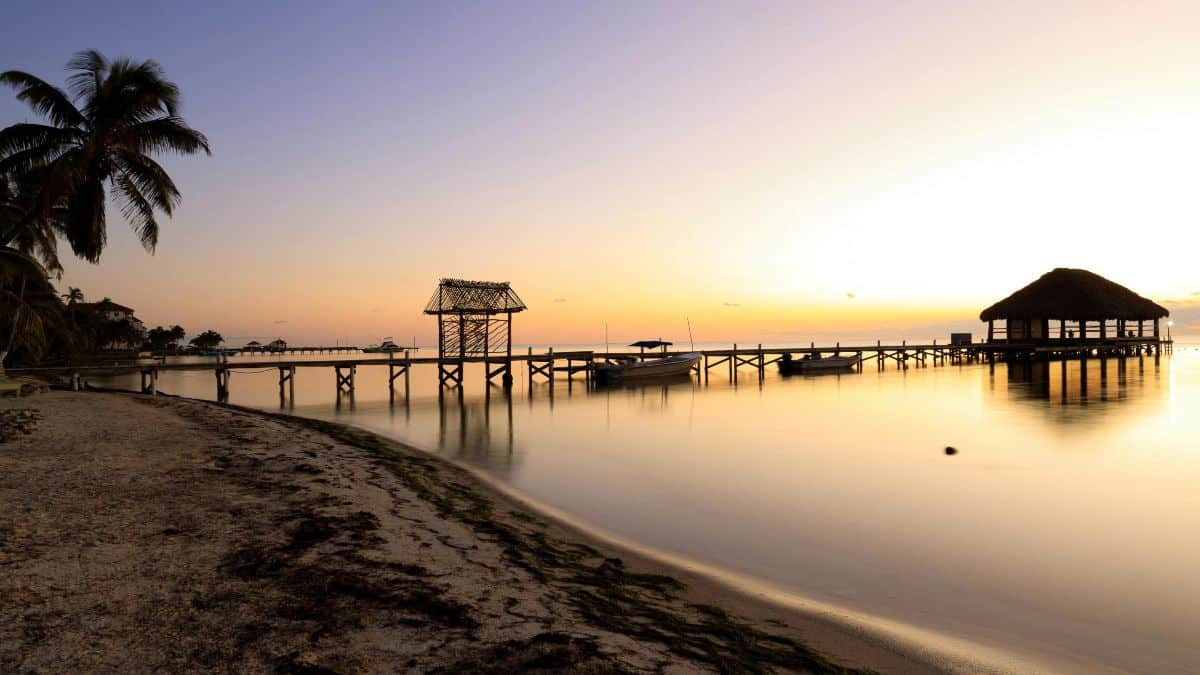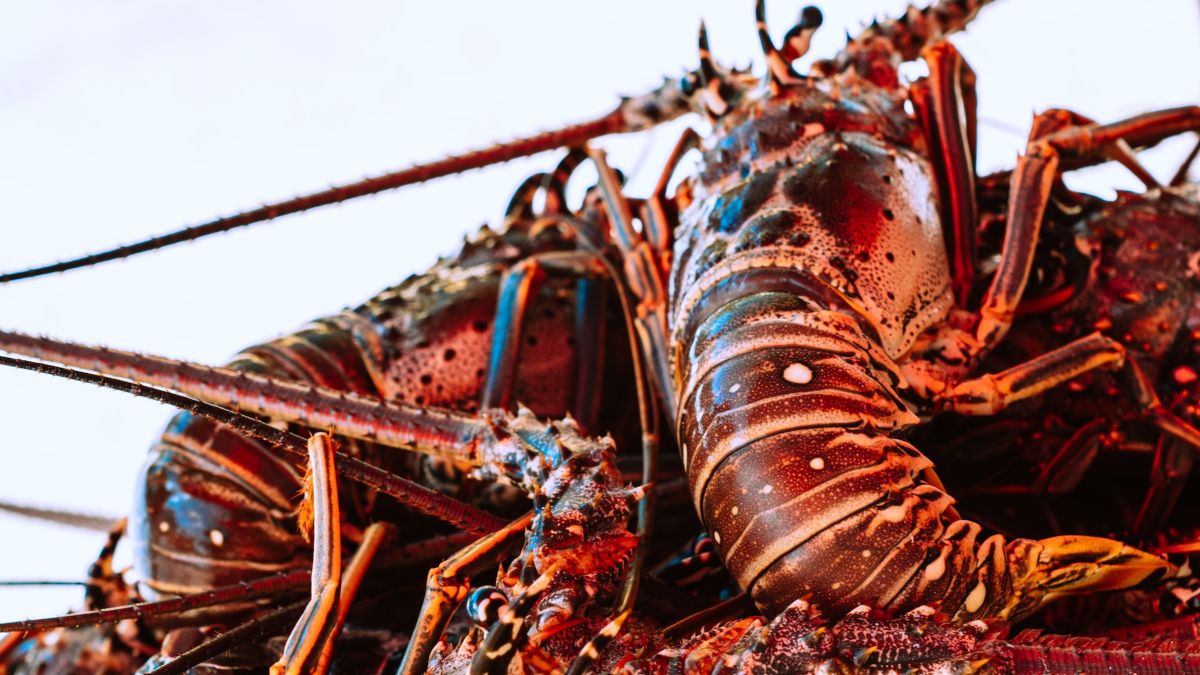As the 2025 Belize election takes place today, we offer a rough guide for expats, foreigners, and the uninitiated.
Belizeans are voting today to pick their next government for a five-year term. It’s a big deal for this tiny Central American nation, and if you’re like me – in Costa Rica with no idea how Belizean politics work – this is a straightforward rundown of what’s going on. Heads-up: I’m no expert. I’m not here to overanalyze, just to give you the essentials so you can keep up. Think of this as your starting line, not the whole race.
How Does the General Election Work in Belize?
Belize runs a “Westminster-style,” first-past-the-post system, straight out of the UK’s playbook. Voters pick a local “area representative” in one of 31 voting areas across the country. Each elected representative wins a seat in the House of Representatives, a 31-seat chamber based on the UK’s House of Commons. The party that gets at least 16 seats, the majority, wins the election and can form a government.
Voters in Belize don’t vote for the prime minister directly; that position goes to the leader of the winning party, assuming they hit the 16-seat mark in the House of Representatives. New this year, and a first for Belize, the Elections & Boundaries Department launched the General Election 2025 App. It’s a tool to track voter turnout and candidate results as they roll in, aiming to make things more open and engaging.
Happy Election Day Belize! ☀️ Stepping out early today for polls opening 🗳️ with our @OAS_official #OASinBelize 🇧🇿 Electoral Observation Mission! pic.twitter.com/iz999aKv7t
— Maricarmen Plata (@PlataMcp) March 12, 2025
Who Are the Parties?
Belize has a multi-party setup in theory, with six parties and four independents tossing 90 candidates into the ring this year. But let’s be real—only two heavyweights dominate: the People’s United Party (PUP) and the United Democratic Party (UDP).
The PUP, a center-left party, started in 1950 as an anti-colonial movement under British rule. The UDP, center-right, formed in the 1970s to take on the PUP’s early lead. Since independence in 1981, they’ve swapped power like clockwork. The UDP kicked things off in 1984 and has won five of nine elections since; the PUP has four, including a 2020 landslide where they won 26 seats to the UDP’s five under current Prime Minister John Briceño.
Smaller groups like the Belize Progressive Party (BPP) and Belize Justice Movement (BJM) are also running, but they rarely crack the PUP-UDP hold.
Who’s Running as Prime Minister?
As mentioned, incumbent prime minister John Briceño leads the PUP. He’s been in the House of Representatives since 1993 and served as Deputy Prime Minister and Environment Minister in the 1998-2008 PUP government before eight years in opposition, and becoming PM in 2020. If the PUP keep their majority, he’s staying, leaning on stuff like road projects and post-pandemic economic recovery to hold on.
The UDP’s a whole different story – and a messy one. Since it lost the 2020 election, the UDP has broken apart. Moses “Shyne” Barrow, a former rapper turned politician, is the official leader with 28 candidates in his corner. He’s the son of Dean Barrow, the UDP PM from 2008 to 2020. Shyne’s became UDP leader 2022, but late last year, he sparked a party civil war. Bottom line is he tried to tighten his grip by kicking out some party heavyweights over control issues and it backfired.
One of those heavyweights kicked out by Shyne was Tracy Panton, who split off, and now they’re fighting over who’s the real boss. Panton has fewer candidates (13) than Shyne but she’s pushing hard. She will be the first woman to lead a major party in Belize with a shot at PM if her group somehow pulls it off. What this means is that a split UDP, putting up two candidates (one loyal to Barrow, the other to Panton) in some constituencies makes it easier for PUP to clean up. At least, that’s the theory.
Four decades of democracy: Belize prepares for its 10th General Elections https://t.co/s0yuW26QAO pic.twitter.com/4furbVstFv
— Breaking Belize News (@belizemedia) March 12, 2025
What Are the Main Issues This Year?
The Belize Poll 2024, bankrolled by Belize resident Lord Michael Ashcroft and run by Viking Strategies LLC, checked in with 968 voters last summer to get a read on Belize. It’s been at this for 14 years and is considered a good gauge of general opinion in Belize. And while the poll took place last year, it’s still valid and comprehensive. Here’s what’s bugging people:
- Crime: It’s the top headache. 33% of those polled say it’s their main issue, up 10% since 2017. Gang violence is bad enough, but now “cartel crime” tied to Mexican drug runners is spooking folks, especially in northern Belize. The government threw $1 million at it last year, but it’s still a worry.
- Economy and Cost of Living: Money’s a mixed bag. Poverty’s down from 57% in 2019 to 26% in 2024, and most can handle basics like food and bills. But prices are climbing, and cars or big stuff? Out of reach for lots of folks. PM Briceño points to a $6 billion GDP in 2023, but people aren’t feeling it yet.
- Corruption: Same old story here. 30% call it “widespread,” most say it’s “there.” Both parties catch flak, with the PUP taking more as they’re in charge.
That said, the PUP’s still got bragging rights—68% like their infrastructure work, and 49% say Belize is on the “right track,” the poll’s best ever. Still, crime and corruption won’t quit being on the minds of most Belizeans, no matter who’s in charge.
So Who’s Going to Win, and Will It Matter?
In 2020, the PUP swept in with 81% turnout, fed up with 12 years of UDP rule. They’re in the lead again, with the Belize Poll 2024 showing 41% backing—solid for a win if the UDP stays split. Barrow’s 28 candidates and Panton’s 13 are too busy scrapping with each other to hit the PUP hard. Some pollsters figure that a united UDP could fight back, but that’s not happening now. On X, PUP fans are cocky – “Blue wave coming” – while UDP’s mess gets shade: “Two leaders, zero chance.”
Tracy Panton’s run is a first – a woman leading a major party in Belize, aiming for PM if her 13 candidates snag a majority, which is a long shot. Nine other women are running too, making 10 total – 11% of the field – in a game men have owned since independence. Facebook’s lit up about it – someone cheered, “Love to see women breaking barriers,” another said, “Give them a chance, get rid of some men.” A few dream they’d “form a new party,” but not everyone’s buying it – one grumbled, “Vote for what? Same crime and poverty.”
Panton aside, Barrow’s known but not loved and Briceño’s reliable but not dazzling. Social media posters say things like they’re “Tired of gangs and high prices“ and “Two parties, same corruption, I’m enjoying the holiday instead.” Most Belizeans shrug; PUP or UDP, the big stuff doesn’t budge.
For the first time in Belize’s history, the 2025 general election will see a female candidate leading her party in the race and vying for the office of Prime Minister.
Read more here: https://t.co/ghopdFx5aR
— News 5 Live (@News5Live) March 12, 2025
Wrapping Up
As polls close this evening, Belize’s next chapter hangs in the balance—a democracy wrestling with crime, cash, and corruption, spiced up with some firsts like the election app and women stepping into the fray. PUP’s got the edge, UDP’s a mess, and voters? They’re picking through the same old mess with a flicker of new hope.
James Dyde is the editor of www.centralamerica.com. He lives in Escazu, Costa Rica.




